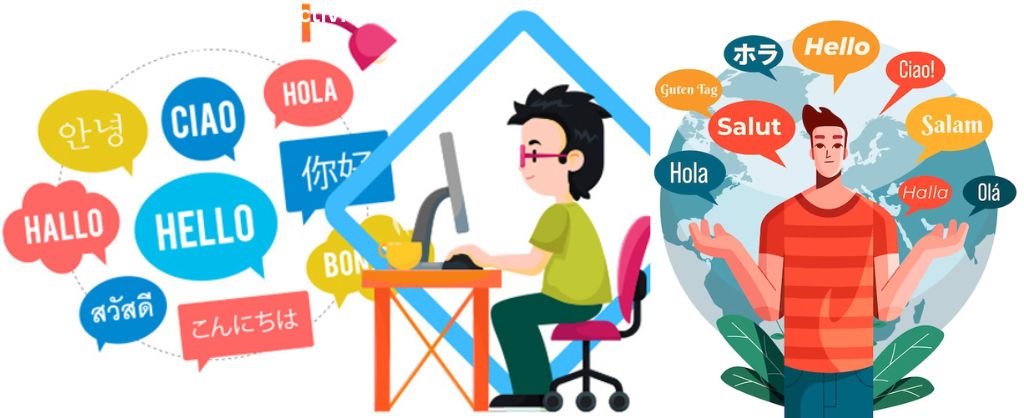Candid Insights
Exploring the latest trends and stories that shape our world.
Lost in Translation: How Playing With Words Can Transform Your Language Journey
Unlock the secrets of language as we explore how wordplay can reshape your journey and boost your fluency! Join the fun now!
The Art of Wordplay: Enhancing Your Language Skills Through Creativity
Wordplay is not just a delightful pastime; it is a powerful tool for enhancing your language skills. Engaging in wordplay can stimulate creativity and encourage deeper understanding of language nuances. Techniques such as puns, malapropisms, and spoonerisms allow you to explore the flexibility of words and their meanings. By experimenting with these playful twists, you can enhance your vocabulary and develop a sharper linguistic intuition. In essence, mastering the art of wordplay is about peeling back the layers of language to reveal hidden connections and surprises.
To effectively harness the power of wordplay in your writing, consider incorporating specific exercises into your routine. Here are some suggestions to get you started:
- Punning practice: Create a list of common phrases and twist them with clever puns.
- Rhyme and rhythm: Write short poems or limericks to play with sound and cadence.
- Language games: Engage in word association games or crossword puzzles to challenge your mind.
By embracing these creative exercises, you will not only refine your language skills but also discover the joy and artistry involved in the dance of words.

Lost in Translation: Common Language Pitfalls and How to Overcome Them
Lost in translation often refers to the misinterpretation of words and meanings when translating languages; however, it extends far beyond mere language barriers. One common pitfall involves idiomatic expressions, which can be particularly challenging. For example, phrases like 'kick the bucket' may confuse non-native speakers as they literally interpret the words instead of understanding the underlying meaning of death. Overcoming these language pitfalls requires cultural awareness and context; ensuring that the audience grasps the intended message is crucial for effective communication.
Another frequent challenge arises from words that have multiple meanings or connotations. Consider the word "bank"; it can refer to a financial institution or the land alongside a river. Utilizing context is key in these situations to avoid ambiguity and ensure clarity. To overcome common language pitfalls, employing practical strategies such as asking for clarification, using simpler language, or even providing examples can significantly improve understanding. Additionally, fostering an open dialogue encourages learners to feel comfortable navigating these complexities.
How Playing With Words Can Unlock Deeper Meaning in Your Language Learning
Language learning is not just about memorizing words and phrases; it's about unlocking deeper meaning through playful engagement with the language. By experimenting with puns, idioms, and metaphors, learners can develop a more intuitive grasp of linguistic nuances. For instance, consider the way children learn to play with sounds in their native tongue—this same playful approach can be adopted by language learners. Playing with words encourages creativity, allowing learners to explore the emotional and cultural contexts that shape language usage.
Moreover, engaging in wordplay can enhance retention of vocabulary and improve overall fluency. When learners create their own jokes or stories using new words, they not only memorize these terms but also understand their applications within different contexts. This process can be further enriched by sharing and discussing these creations with peers, fostering a supportive learning environment. Ultimately, by embracing the fun side of language, individuals can discover that playing with words is a key that unlocks more profound insights and connections in their language learning journey.